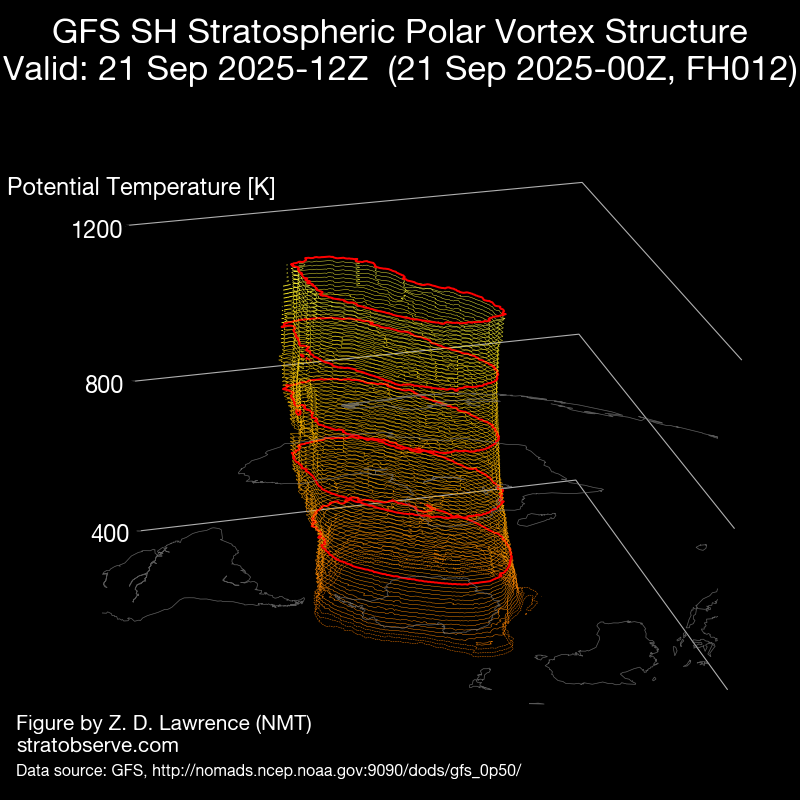Eastern Queensland & NE NSW's Wettest August in Over a Decade: How Did the Models Perform?
- Weatherwatch
- Aug 15, 2024
- 3 min read
Heavy Rainfall in August is Rare
Queensland is no stranger to heavy rainfall, so why was there so much interest in 4-day rainfall totals that typically occur in just 1-2 hours during the peak of the wet season? The answer lies in the timing. Historically, August ranks as either the driest or second driest month of the year across much of Queensland and northeastern NSW, depending on the location. While not unheard of, heavy rainfall is certainly rare in a month often dominated by dry westerly winds.
Wettest August in at Least 10 Years for Most Locations from Townsville to Coffs Harbour
While not extreme by Queensland standards, the rainfall that did occur led to many locations from Townsville to Coffs Harbour recording their wettest August in at least ten years. A few locations even registered their wettest August on record, although these were newer stations with only 15-20 years of data.

Four-day rainfall totals and how they compare to the long-term August average. Many places recorded multiple times their August average rainfall between Townsville and Coffs Harbour.
Long-Range Forecast Modeling (Including AI) Struggled to Predict the Heaviest Rainfall
So, how did the models perform? This event serves as a great reminder of the challenges in long-range heavy rainfall forecasting, where it's not uncommon for different models to predict significantly varying rainfall totals. Using tools like the Weatherwatch MetGraphs can quickly help determine if there's strong model agreement, which boosts confidence in the forecast, or if there's poor agreement, which reduces confidence.

Forecast rainfall for Brisbane from the 5th of August, approximately a week prior to the rainfall event. ACCESS was a significant outlier - the CBD actually recorded rainfall that was closer to the average of GFS, AIFS and EC. Source: Weatherwatch MetCentre
Australian Models Misplaced Heaviest Rainfall
ACCESS, Australia's numerical weather prediction model, was one of the first to predict the heaviest falls, but it misplaced the location. Early forecasts indicated that Southeast Queensland would bear the brunt of the rain, but the actual heaviest rainfall occurred well north of this region.

Early predictions of rainfall were quite bold for Southeast Queensland. The reality was rainfall was much less and the heaviest falls occurred much further north. Areas that were forecast with just 5-10mm actually had some of the highest totals (200mm+). Source: Weatherwatch MetCentre

A loop of ACCESS rainfall forecasts. This is the same model, for the same time period every 12 hours. Notice how much the rainfall forecast changes and then closer to the actual rainfall event it begins to stabilise. This is why long-range rainfall forecasts can be challenging. Source: Weatherwatch MetCentre
AI Models Didn’t Match Performance of Traditional Weather Models
Most models, including ACCESS, EC, and GFS, eventually shifted the heaviest rainfall to where it actually occurred in central eastern Queensland. However, EC's AI model (AIFS) not only significantly under-forecasted the rainfall in central eastern Queensland but also continued to focus the heaviest rain over the Southeast Coast right up until the event.
EC-AI model (top left) even right before the event started forecast the heaviest falls to be over NE NSW and SE QLD. However traditional modelling (other 3 images) correctly picked the pattern that the heaviest falls would be central eastern Queensland and NE NSW. Source: Weatherwatch MetCentre
Actual rainfall recorded in the week ending to August 15, 2024. Source: Bureau of Meteorology.
Back to Drier Patterns for Queensland
Longer-term outlooks suggest a return to more typical August conditions over the next couple of weeks, with drier weather favored. This means warmer days ahead, but also cooler nights as we approach the last weeks of winter.

Warm days but cooler nights ahead. Forecast temperatures. Source: Weatherwatch MetCentre















